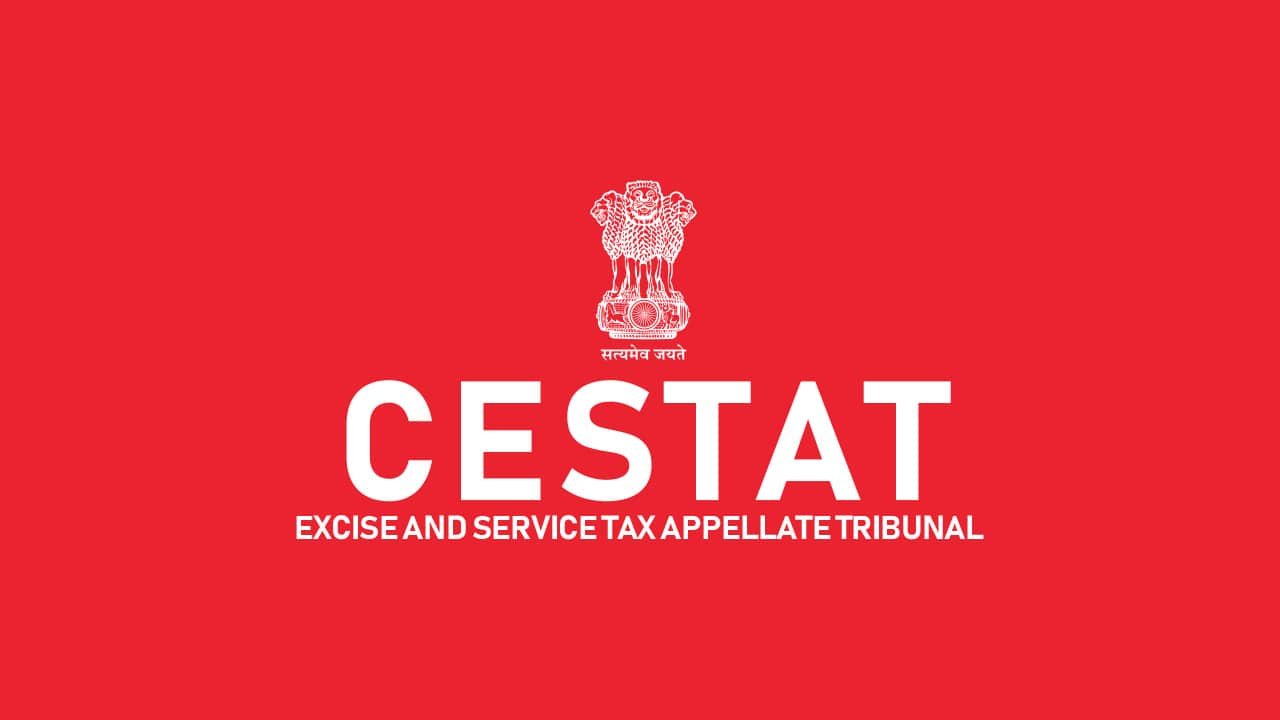Excel Crop Care Ltd. vs. Competition Commission of India
In Supreme Court of India Citation (2017) 8 SCC 47 Equivalent Citation AIR 2017 SC 2734 Petitioner Excel Crop Care ltd. Respondent Competition Commission of India Date of Judgement 08/05/2017 Bench A.K. Sikri, N.V. Ramana
General background:
- FCI alleged companies for anti-competition agreement:
Food Corporation of India (FCI) wrote a letter to the Competition Commission of India(CCI) alleging that the four companies namely-
- M/s Excel Crop Care Ltd.,
- M/s United Phosphorus Ltd.,
- M/s Sandhya Organics Chemicals Pvt. Ltd.,
- M/s Agrosynth Chemicals Ltd.,
engaged into an anti-competitive agreement, pertinent to the tenders issued by the FCI for Aluminium Phosphide Tablets (APT) during the period of two years from 2007 to 2009. The FCI alleged in the said complaint that the four companies had formed a group by entering into an anti-competitive agreement amongst themselves and thereon basis they had been submitting their bids for the last eight years by quoting similar rates in the tenders invited by the FCI for the purchase of APT.
- CCI entrusted Director General (DG) to make investigation:
On receipt of the complaint made by the FCI, the CCI initiated the inquiry by entrusting the matter to the DG for investigation. The DG submitted his report stating that there was an anti-competitive agreement between the companies that contravened Sections 3(3)(a), 3(3)(b) and 3(3)(d) read with Section 3(1) of the Competition Act, 2002 ( the Act)
- CCI imposed @9% penalty on the average turnover:
After hearing the parties, the CCI passed the order stating that the companies had entered into the anti-competitive agreement violating the provisions of Section 3 of the Act. The CCI thereby imposed a penalty @ 9% on the average total turnover of those companies for the preceding three monetary years under section 27(b) of the Act.
- Appeal to Competition Appellate Tribunal (COMPAT):
Except for the M/s Agrosynth Chemicals Ltd., the other three companies filed three separate appeals before COMPAT against the order of CCI under section 53B of the Act. An extra question was raised relating to quantum of penalty.
- Order of the Competition Appellate Tribunal (COMPAT):
The COMPAT passed its order holding all the elements of the CCI order, except for the one managing the penalty. The Appellate Tribunal was of the view that the penalty @ 9% should not be imposed on the average turnover, on the relevant turnover instead i.e., on the turnover of the product in question.
- Appeal to Supreme Court:
The CCI decided to appeal against the order of the COMPAT and the three companies decided to do the same. The case, thus appeared before the Supreme Court.
Also Read: Indian Council for Enviro-Legal Action v. Union of India: Polluter Pays
Brief introduction to provisions of the Competition Act 2002:
- Clause (a) of sub-section 3 of section 3 provides that an agreement between enterprises or persons determining purchase or sale prices shall be probable to possess an adverse impact on competition.
- Clause (b) of sub-section 3 of section 3 states that an agreement between enterprises or persons that limits or controls any production, supply, markets, technical developments, investment or provision of services shall be probable to possess an adverse impact on competition.
- Clause (d) of sub-section 3 of section 3 states that an agreement that directly or indirectly ends up in bid rigging or collusive bidding shall be probable to possess an adverse impact on competition.
- Section 4 provides that no enterprise shall abuse its dominant position
- Clause (b) of Section 27 offers power to the CCI to impose such penalty, as it may deem fit which shall be not more than 10% of the average of the turnover for the last three monetary years, upon every of such person or enterprises which are parties to such agreement or abuse.
- Section 53B of the Act makes provision for the appeal to Appellate Tribunal within a period of 60 days from the date on which the order is communicated.
Issues:
- Whether Section 3 of the Act be retrospectively being applied in respect of tender submitted by the petitioners?
- Whether the total turnover or the relevant turnover should determine the basis for deciding the penalty for violation of section 3 and 4 of the Act?
Critical Analysis:
The petitioners argued that they submitted the tender before the enforcement of Section 3 henceforward the issue falls outside the spear of the Act. The learned counsel appearing for respondent refuted the above argument by saying that the tender in question did not come to an end with the submission of bid. The bid was open during which Section 3 had been activated.
The main contention raised by the respondent was that an obvious reading of section 27(b) suggests that it refers, to the total turnover; it was additionally argument that the penalty was to be imposed on the infringer and not the product or service in question. It was further submitted that the section was presupposed to act as a deterrent and therefore the penalty should be high.
The petitioners vehemently opposed to this contention and stated that the penalty should be strictly construed. They conjointly argued that penalty calculation on the basis of total turnover would cause unjust results. It would also mean that the penalty to be paid would be disproportionate to the violation, which might definitely be against the set principles of Common Law.
Judgement:
The Supreme Court while addressing the primary issue agreed with the view taken by COMPAT and held that Act has no retrospective application thus agreements or conduct before the endorsement of the Act would fall outside its scope. But wherever the result of the agreement continues, it would fall within its purview.
The Court finally trying into the matter with reference to ‘turnovers’ adopted the standards of relevant turnover for the purpose of imposition of penalty. The Court was of the view that the penalty on the relevant turnover will be more in tune with ethos of the Act and also the legal principles which surround matters concerning to imposition of penalties. Further applying the principle of ‘Strict Construction’ held that the penalties imposed on total turnover wouldn’t have just and proportionate results. In pursuance of the above discussion, the Supreme Court ordered down a twostep calculation technique to be followed while imposing the penalty under Section 27 (b) of the Act.
Step 1: Determination of Relevant Turnover.
Step 2: Determination of appropriate percentage of penalty based on aggravating and mitigating circumstances.
Conclusion:
This case is a landmark decision in Competition Law. The benchmark of relevant turnover would make sure that no person or company can got to pay a penalty for a product that had not profaned any provision. The decision further provides relief to those multi product enterprises that have been penalized based on their total turnover, since such enterprises are likely to have such penalties significantly reduced on appeal.
References:
- Competition Act, 2002 Bare Act
- lawtimesjournal.in
- https://www.lawqedu.com








